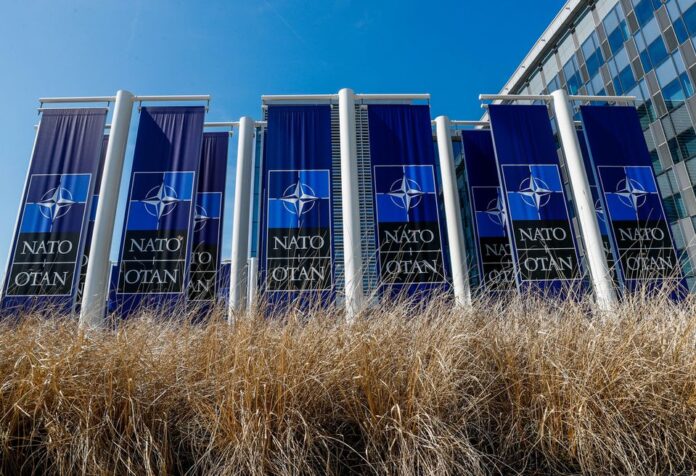NATO must work harder to set common standards for weapons and ammunitions, its chief said on Wednesday, as the alliance tries to boost defence production amid a Ukrainian counteroffensive likely to deplete Western military stocks even further, according to Reuters.
Announcing a Defence Production Action Plan designed to “rapidly address shortfalls in our stocks”, NATO Secretary-General Jens Stoltenberg said the plan also aimed to enhance the interoperability in the alliance’s munitions and equipment.
The NATO chief warned in February that Kyiv was burning through artillery shells much faster than the West could produce them. But a lack of common standards among the various manufacturers has hampered the flow of munitions supplies.
“Standardization’s a core responsibility for NATO, we have always worked hard on that,” Stoltenberg said. “But since ammunition, weapons are constantly developed, refined, that sometimes undermines their interoperability. So therefore, we have to actually do more.”
While NATO enforces standards for rounds fired by small arms such as assault rifles, enabling troops from all allies to use each others’ munitions, it is not so easy for artillery shells.
Although some large NATO countries have agreed on certain standards for the 155mm rounds used by howitzers, additional calculations are often needed to hit a target with the required precision, experts say.
Stoltenberg was speaking ahead of a two-day meeting of the alliance’s defence ministers in Brussels on Thursday and Friday that, for the first time, will include talks with the heads of some 20 of the world’s leading defence companies.
The discussions will focus on how to boost the production of what NATO calls “battle-decisive” ammunitions, which include the 155mm artillery shells that Ukrainian howitzers fire thousands rounds of per day.
It also includes missiles for air defence systems such as Patriot or NASAMS and precision guided deep-strike ammunitions, missiles with a range of hundreds of kilometres such as the British Storm Shadow.
NATO already has a joint procurement programme for 155mm shells worth one billion dollars in total that allies can join but the alliance aims to fill stocks more extensively.
Stoltenberg said he expected ministers on Friday to agree new targets for the stockpiling of battle-decisive ammunitions, after an announcement he made in February.
“What we saw was that the existing capability targets which we have for each and every ally… were too low,” he said, adding that this kind of munitions was perhaps the one where NATO faced the most important shortfalls.
Stoltenberg did not give any figures. Stockpiling targets for ammunitions are, for security reasons, one of the alliance’s best-kept secrets.


